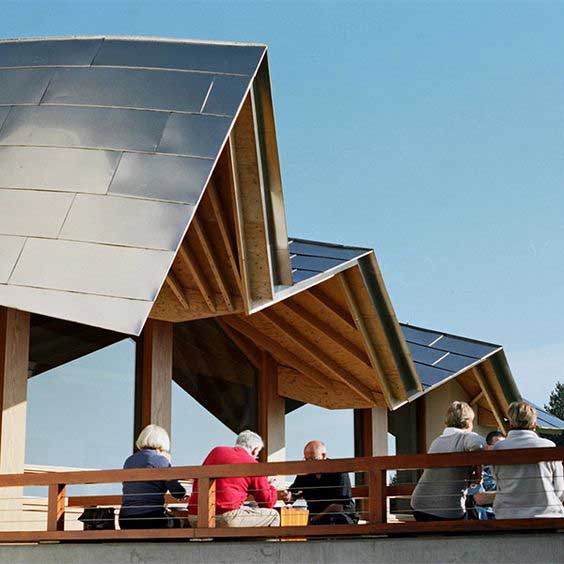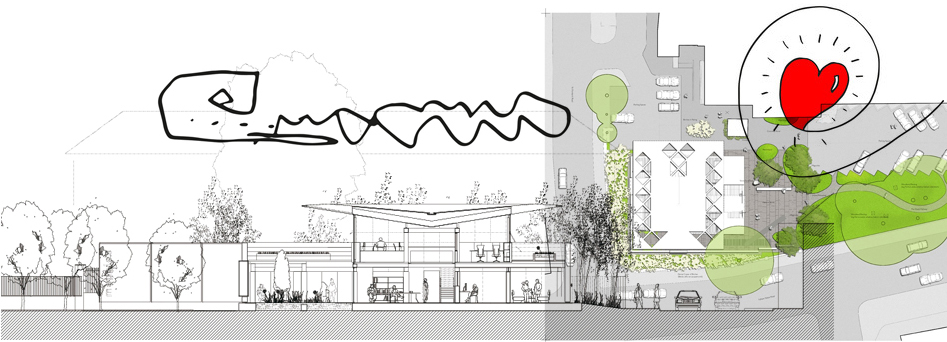POPULATIONAL AGEING

The World Health Organization (WHO) defines active ageing as “the process of maximizing opportunities to improve health, participation and security. The objective is to extend the quality and expectancy of life to advanced age”.
According to WHO data, between 2015 and 2050, an increase of 12% to 22% is expected in the number of people over 60 years of age. The world population of those over 100 years of age will grow from 13,551 people in 2014 to 372,000 in 2064. This constitutes a major challenge for health promotion and prevention services worldwide. For this reason, in its 2030 Agenda, the United Nations included the objective of guaranteeing a healthy life and promoting well-being for all ages. The Professor and Architect, Blanca Lleó, indicated in her research, Living 100 years, in the year 2022, there would be a population of 9.7 million people in Spain over the age of 64, with a life expectancy of 87 years for women, and 82 for men.
In view of these data, western health systems, their cultural values, and even the concept of time, must be reviewed. This important demographic change will have repercussions on the economy, as well as on the model of the Welfare State and its financing. Therefore, it is necessary to review and reconsider the models of life, from the way of inhabiting and planning of cities, with the aim of meeting the precise needs of the population in the fourth age, and providing them with possibilities which respond to the increase in their life expectancy.
During the last decade of the 20th century, the processes linked to population ageing, have gone from being considered as pathological facts to them being considered positively. From this point of view, the fourth age, or last stage of life, is associated with another opportunity to take advantage of technical and technological progress, enjoying greater well-being and achieving an existence that is as full, productive and satisfactory as possible. Some countries, such as the UK in the HAPPI Report, have begun to implement long-term policies and strategies to intelligently and effectively address this challenge.
Genetic factors determine the aging process, but behavioural and environmental aspects exceed the importance of the biological, in a proportion of 75% to 25%, respectively. As a discipline, Architecture has a fundamental role to respond to the new needs society demands, with increasing intensity. It will be necessary to rethink the city of the future, generating buildings, homes and spaces capable of adjusting to the requirements of an increasingly aging society.
Architecture, as a discipline, creates the best possible living conditions for human beings with the resources at its disposal, and has the capacity to tackle this urgent and pressing challenge with guarantees. Architectural practice, uniting art and technique, can ensure the inhabitant’s environment adapts to their changing needs, facilitating safer, more accessible and better personalised physical spaces, so their daily life activities improve and ensuring there is adequate interaction with the environment in which they live.


